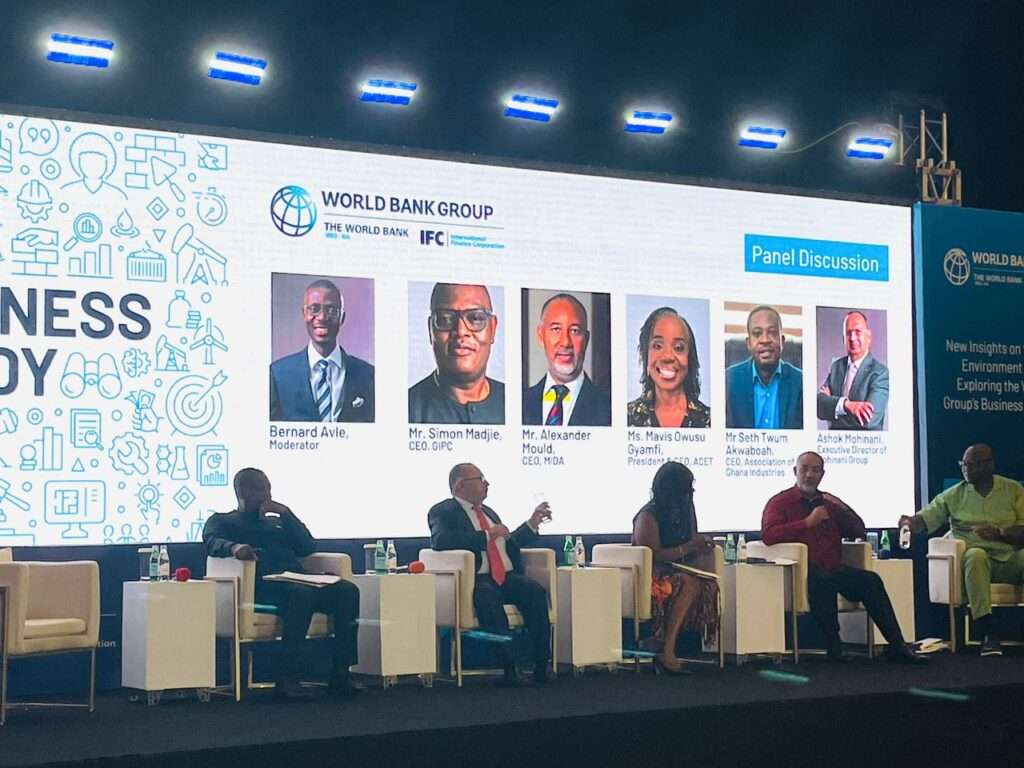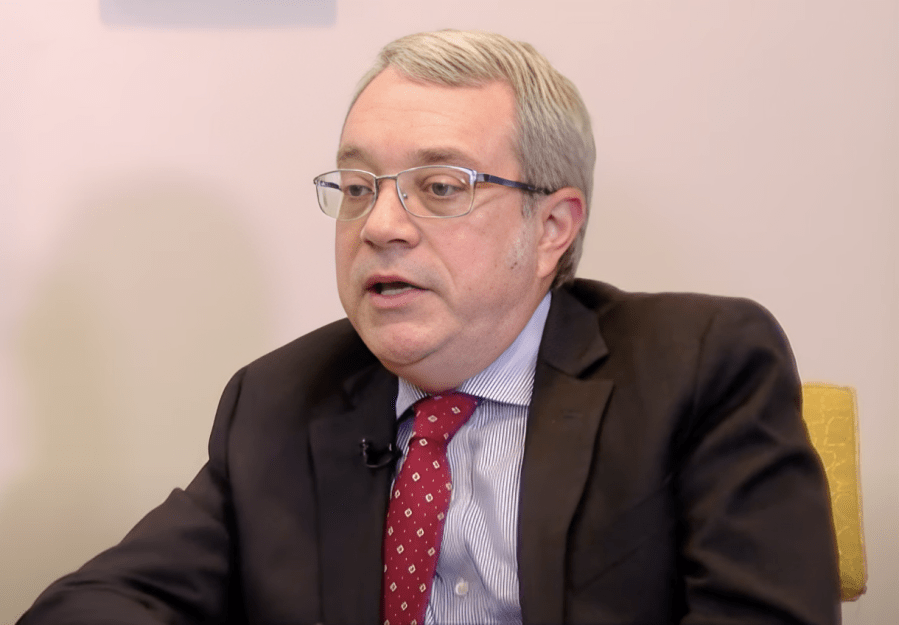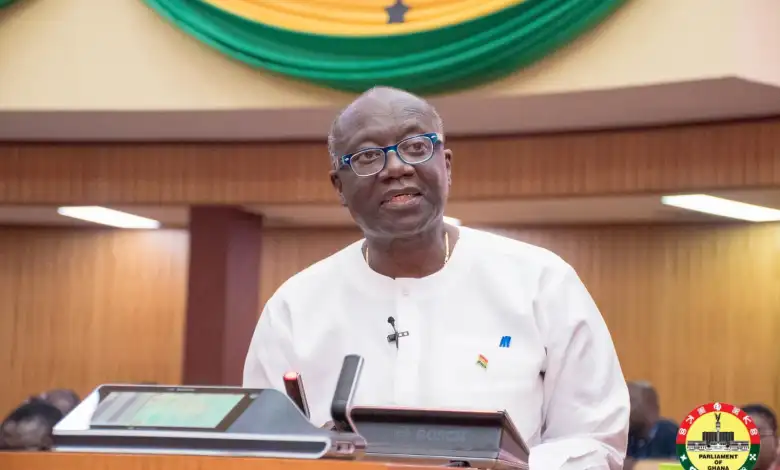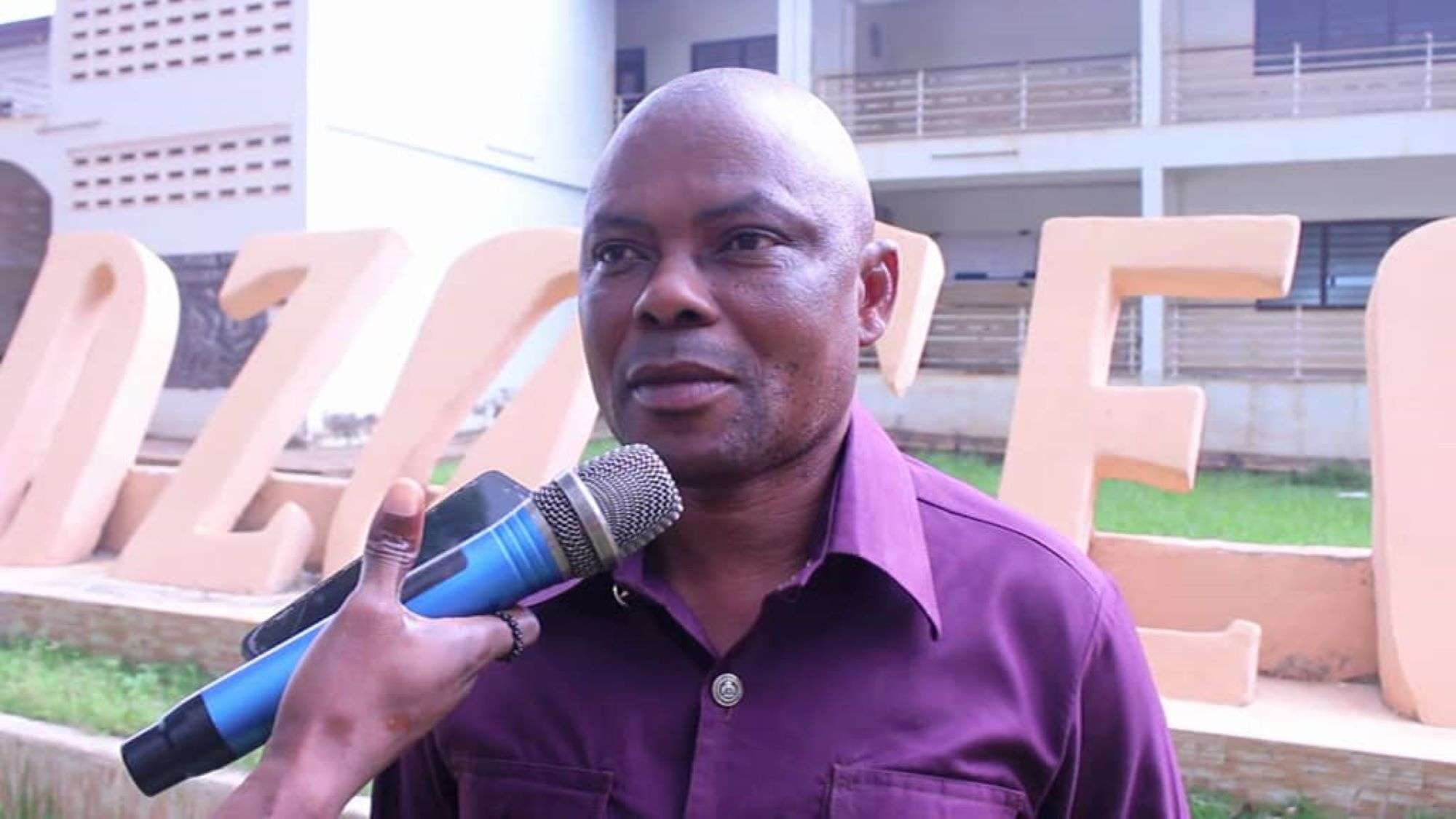By Selasi Aklotsoe Mensah
The World Bank Group has made its intentions clear to support the government’s ambitious 24-hour economy policy.
At the launch of the first edition of the Business Ready Report 2024 (B-Ready Report) which replaces the former Doing Business Report; Division Director for the World Bank Group, Mr. Robert Taliercio assured the government it was committed to being a partner in the implementation and realisation of the 24-hour economy.
“The World Bank Group – including IFC and MIGA – remain a committed partner in Ghana’s journey towards a more competitive, business-ready, 24-hour economy”.
Mr. Taleircio added that his outfit was going to focus on giving financial and Technical Assistance, to create the avenue for continuous Public-Private Dialogue, enhance Knowledge Sharing with data-driven insights to guide Ghana’s reform agenda, and facilitate regional knowledge Sharing which will enable the country learn from successes of its neighbours and others.
He expressed encouragement that Ghana, under the current administration, has shown ‘a sense of urgency’ in its readiness for job creation under the 24-hour economy and the Resetting Agenda.
“The recent National Economic Dialogue demonstrated that there is a strong, collective will to chart a bold new course. Our job now is to harness that momentum and translate it into action. … Clearly, building an environment where businesses can flourish is non-negotiable if we are to realize Ghana’s ambitious vision, including President Mahama’s commitment to reset Ghana’s economy and develop a 24-hour economy” Mr. Taleircio remarked.
The Division Director of the World Bank Group in charge of Ghana, Sierra Leone and Liberia in his opening address highlighted the importance of the B-Ready Report which will enable the Country to unlock its full economic potential;
“The World Bank’s Business Ready, or B-READY, report is not just another macro stability scorecard. It is a diagnostic tool, a roadmap, and a call to action. It sheds light on areas where Ghana is already showing commendable progress and points out where targeted reforms can unlock the country’s full economic potential”.
Highlights From B-Ready Report
Ghana seems to have done well in some areas which are commendable for its readiness to invite and main investors under Labor Market Regulations, Utility Services provision, and Business Insolvency Framework.
• Labor Market Regulations: Ghana scores 68.6 out of 100—outpacing much of Sub-Saharan Africa peers in labor rights clarity, dispute resolution, and fairness. Rwanda’s 69 is only marginally higher.
• Utility Services: Ghana’s score of 68.5 ranks well above Côte d’Ivoire (58.9), Rwanda (67.8), and Togo (64.0), and is closing the gap with Tanzania (78.8). Transparent tariffs and strong safety oversight contribute to investor confidence.
• Business Insolvency Framework: Ghana scores 64.9, providing clear pathways for firms facing financial distress—crucial for predictability and responsible risk-taking.
Where Ghana Must Do Better
The experts believe that part of the data collected reveals significant bottlenecks that, if unaddressed, will continue stifling growth and deterring investment:
• Business Entry: Registering a new business in Ghana costs nearly 42% of GNI per capita and takes 57 days—compared to just 4% and 3 days in Rwanda. However, a representative from the Registrar of Companies explained that it takes 10 days to register a company in Ghana today. Yet, some formalities which are needed to be done but not part of the registration process itself is what may cause delays. She added that there is a prestige Service available which takes 24 hours to register a business or company as well as the adoption of electronic registration process. Sooner than later satellite offices of GRA will be established across the country to speed up the Registration process.
• Market Competition: Ghana scores 32/100—held back by weak competition policies and opaque procurement systems.
• Dispute Resolution: Resolving a commercial case takes an average of 900 days—almost four times longer than Côte d’Ivoire. The Director of Judicial Reforms and Projects, Mad. Gifty explained that it takes between 3 and 4 months to resolve commercial disputes. She added that the probability of commercial disputes lasting about 900 days could be as a result of other elements which include land disputes which may drag the case. Otherwise, it takes about 4 months to complete a commercial dispute.
• Tax Compliance: Preparing and paying taxes consumes 40 hours annually in Ghana. • Digital Infrastructure: Nearly 48% of Ghanaian firms report monthly internet disruptions—hindering productivity and competitiveness.
• Trade Logistics: Import clearance averages 14 days—far longer than leading countries like Morocco or Vietnam.
• Financial Services: Access to finance remains a critical bottleneck, particularly for SMEs. Only 17% of SMEs have loans from banks, and Ghana’s credit-to-GDP ratio sits at just 9%, among the lowest in the world.

Thematic Areas For Discussions
A panel discussion moderated by Mr. Bernard Avle with panelists including Mr. Ashok Mohinani – Executive Director of Mohinani Group of Companies; Mr. Simon Madjie – CEO of GIPC; Mr. Alexander Mold – CEO MiDA; Mrs. Mavis Owusu-Gyamfi – President & CEO ACET; Mr. Seth Twum Akwaboah – CEO Association of Ghana Industries (AGI).
The panelists shared rich personal and professional experiences which are vital to helping one understand the need for a more Business Ready Ecosystem for the betterment of the Ghanaian and the economy from a Taxation, Trade and Financial point of view.
Tax
On taxes, the general consensus was that revenue collection agencies must treat compliant customers well. Businesses must pay their taxes in order to be able to demand accountability.
Largely, the consensus was that there is no one who doesn’t want to pay taxes. But the issue of fairness on top of the discussion, with others paying more while others pay less.
Finance
Two major concerns raised by a finance expert Mr. Alex Mould to make access to finance easier is the fact that financial institutions must begin to accept movable collateral since a lot of people do not have registered collateral.
Secondly, interest rates must be checked and inflation must be under control over a long period.
Trade
The argument of the Government being an enabler for the growth of the Private sector is one which will forever be on the lips of experts when it comes to trade.
The panelists pointed to the government taking advantage of the AfCFTA Secretariat to create access to a larger market. Enhancing the digital space for cross-border trade. Reviewing Tariffs on importation was mentioned as a crucial part which was considered.
Mrs. Owusu-Gyamfi urged our trade envoys to other countries must be up and doing when it comes to secure trade opportunities for private businesses.
In conclusion, Deputy Finance Minister, Hon. Ofosu-Adjare who spoke on behalf of Hon. Casiel Ato-Forson embraced the report as a guidepost for Ghana’s prosperity: “Let us embrace this initiative not as a burden, but as an opportunity to build a future where every Ghanaian can thrive, where businesses can grow and where our nation can take its rightful place for youth entrepreneurship, innovation, value-added manufacturing, job creation, inclusive growth, and prosperity for all”.










